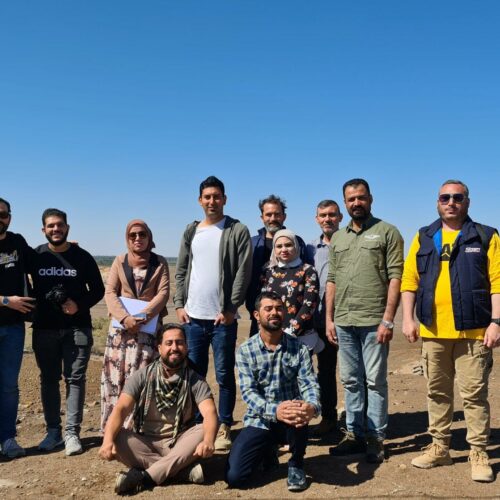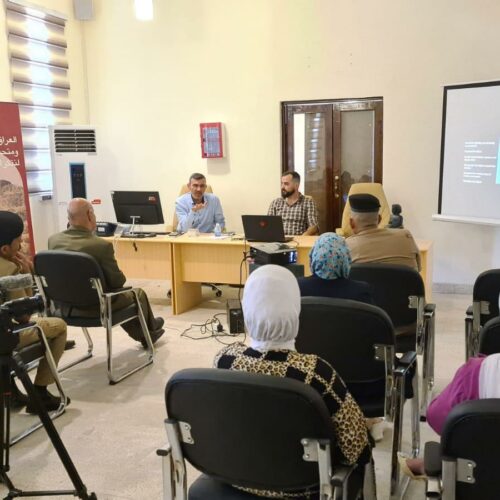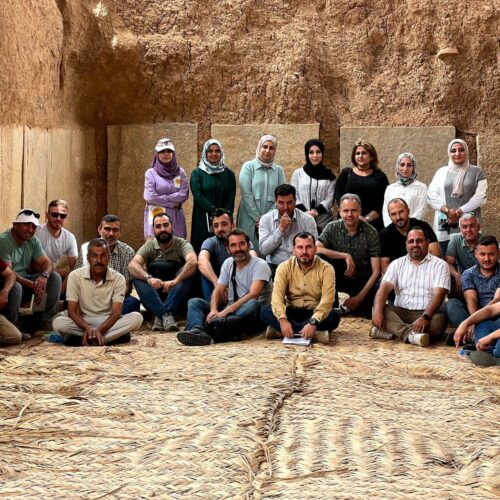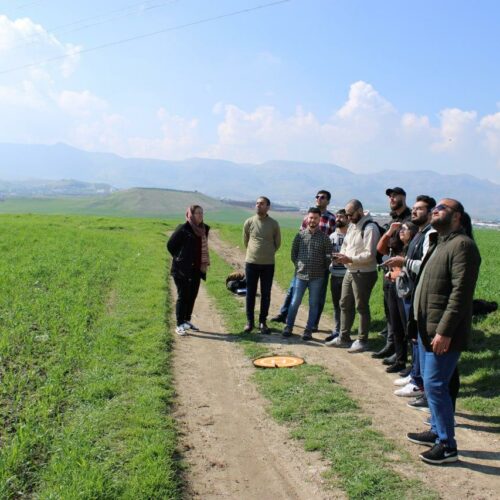01. Phase
Training
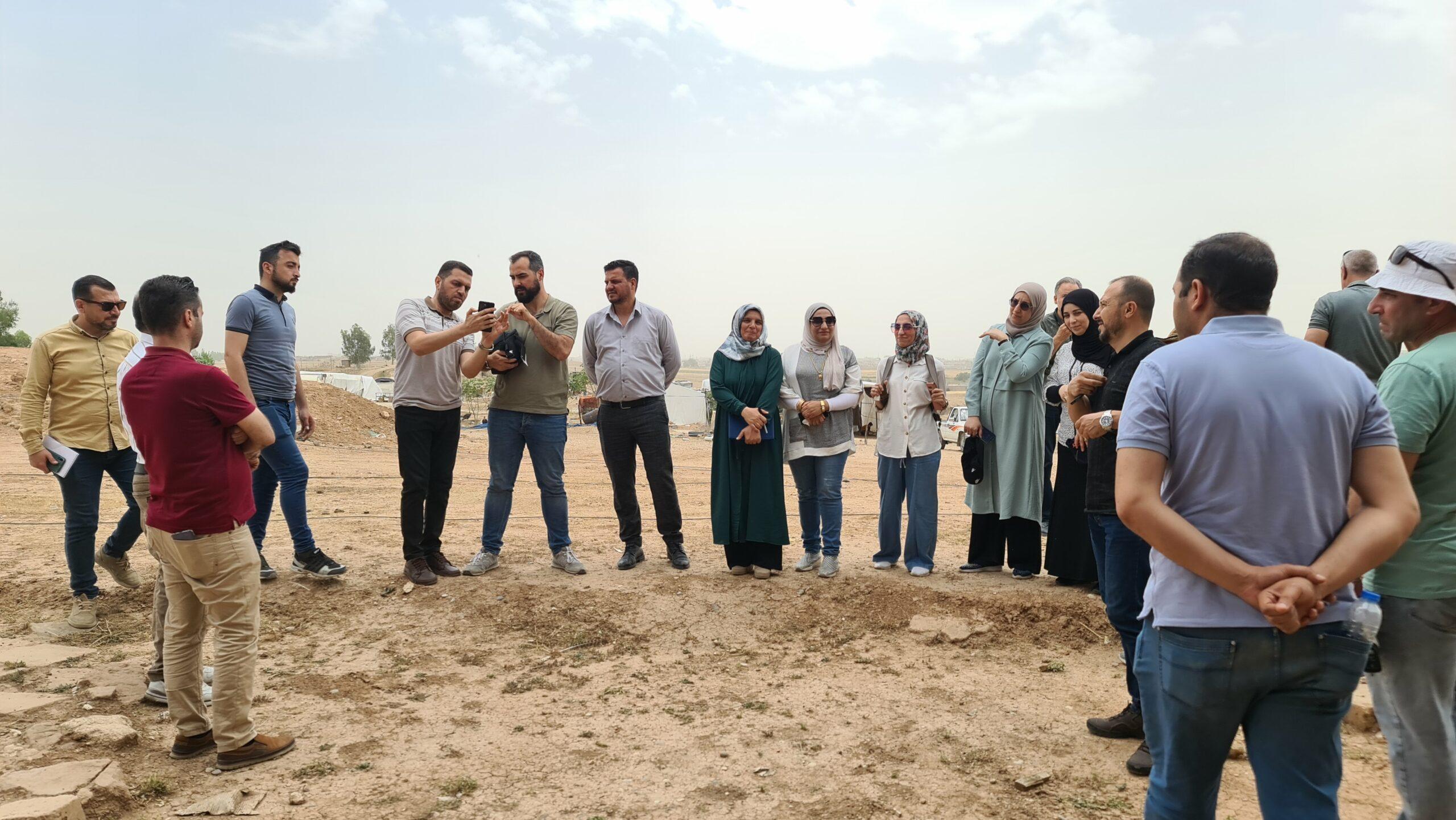
Digital technologies are creating opportunities to preserve cultural heritage by creating digital replicas in 3D. The need for 3D digitisation of cultural heritage is very relevant in the context of recent devastating events like the destruction of cultural property during armed conflicts, through fires or as a result of natural hazards and changes in climate conditions. These all remind us that cultural heritage is fragile and at risk.
Digital technologies, including 3D, have an important role in the preservation and restoration of cultural heritage and in creating virtual replicas that bring sites to life. These offer visitors the possibility to see cultural heritage in context and to experience sites and objects that are inaccessible to the public.
As with all new techniques it is important to offer training for cultural heritage professionals, researchers, enthusiasts as they develop their skills, knowledge and capacity for 3D digitisation projects.
A five-day training workshop with lectures, demonstrations, hands-one experience capturing data on site and processing the results in the classroom to produce 3D models.
Tech4Heritage plans to deliver 5 training workshops across Iraq in:
First Training in Babylon
The first of five planned T4H training workshops took place in the ancient city of Babylon from the 12th to the 16th of March. Ten trainees learned how to capture data on site usin
Training in Nasiryah
Tech4Heritage’s second training workshop took place this week in Nasiriyah in the south of Iraq. The training was delivered in the city museum and on site in Ur. The windy
Mosul training workshop
On the 20th May, the Tech4Heritage team arrived in Mosul in the north of Iraq for the third training workshop in the series. The workshop is being delivered in partners
Workshop in Sulaymaniyah
From 18th to the 22nd of February, the Tech4Heritage team conducted the final training workshop hosted at the Slemani Museum. Fifteen people were trained in 3D digitisation process
